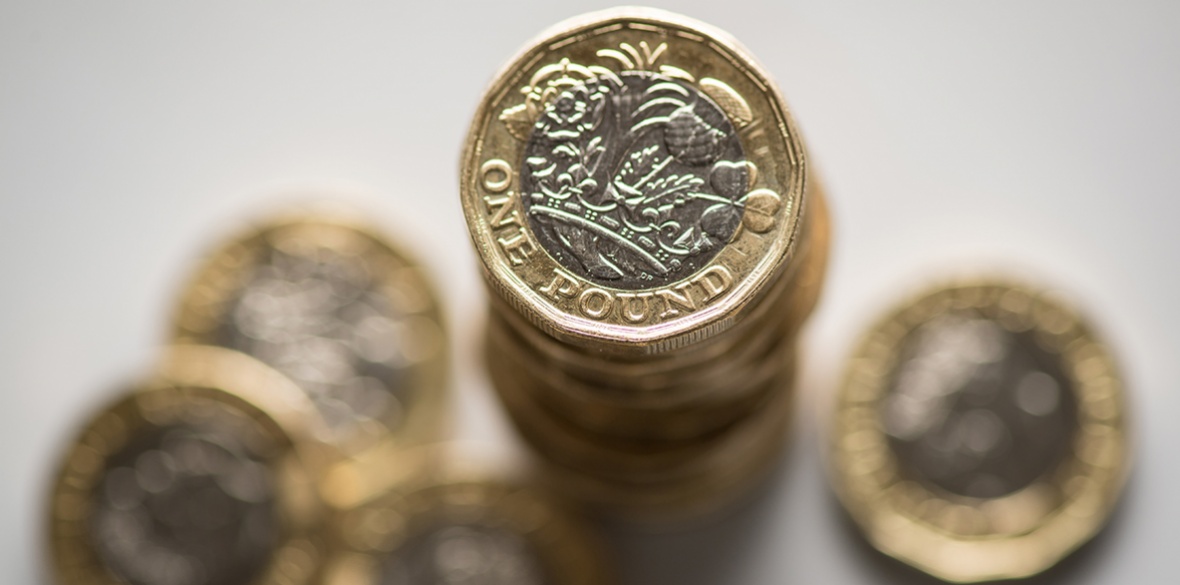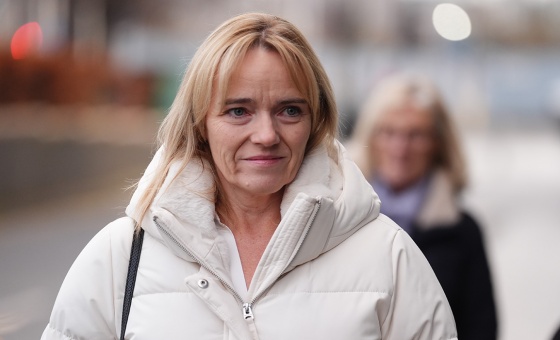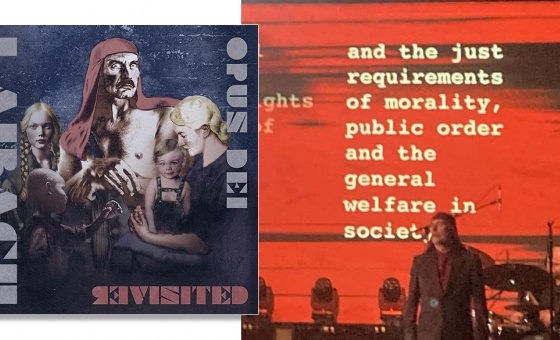This is the last article you can read this month
You can read more article this month
You can read more articles this month
Sorry your limit is up for this month
Reset on:
Please help support the Morning Star by subscribing here
IF you took the wealth of the lowest earner on the Sunday Times Rich List 2019, with his pathetic £120m in the bank, it would take an NHS clinical nurse currently on £32,000 per annum 3,750 years of proper, valuable graft to earn that amount.
This same nurse would have to work for ten years to afford the two pounds in weight of white truffle that a peckish billionaire recently snaffled up, for a mere £300,000, for a starter with his mates.
The Sunday Times Rich list is compulsory reading each year.
Given the ruses used to hide real wealth it’s a wonder that the researchers keep up so diligently. 2020’s hasn’t come out yet, so we are using last year’s figures.
The International Consortium of Investigative Journalists (ICIJ) has done a great job too in tracking the scams and dodgy dealings which the rich use to stash their cash from Switzerland to Mauritius, Panama and Jersey.
Add the tax-avoided stashes to the figures quoted here, plus the wealth of corporations and you get a glimpse of the scale of swag that’s out there. The rich individuals in the Sunday Times rich list are tips of an iceberg.
The Rich List records the private wealth of the richest individuals in the country. It doesn’t account for the full value of private property owned by the 1 per cent, the large companies and big shareholders.
Nor, significantly, do they account for the bank vaults.
The researchers don’t include the trough-snouting excesses of CEOs, most of whom become millionaires in inverse proportion to their competence.
Theses stats also give us a good indication of wealth trends and expose the political porky that says we haven’t got the money to build a country for all. They show too that we have to do much more than tax and spend and redistribute if we want socialism.
Their list also makes the blood boil, not because of the perennial scale of inequality, but because of the persistent craftiness of the few who manage to live their sad lives off the wealth created by the majority.
The entire England and Wales spend on the Youth Service in 2010 was £310 million. If the three richest people in the country paid for it with their booty, they could keep it going for, yes I’ve checked, 1,700 years.
The work that youth workers are doing at the moment is spectacular and unsung: they’re connecting young people with no internet connection and educating those with.
Yet there are crowdfunder appeals to keep it going in some parts of the country.
The planned spending on the whole NHS 2019 to 2020 was £134 billion. If you relieved just the top 50 of their swag bags and spent it on the health service they could fund it for three years.
Where mega-cash stashes are concerned the richest of them all, Sri and Gopi Hinduja and family, sit on a pile worth £22bn.
If they gave this to the nation we could keep the monarchy in the lifestyle to which they have become accustomed for 328 years without dipping into the public purse for them at all (the monarchy cost £67m between 2018 and 2019).
But hang on, the Queen is in the Rich List too, because her extensive ownership of land and other national assets that yield her and the family some £370m a year. And as was revealed in the Paradise Papers in 2016, a significant chunk of this was wafted to a tax haven.
Last year all national and local government spending amounted to £821 billion. This is interesting to compare with the extent of the personal assets of the top 1,000.
Their combined piggy banks come to £771.13bn. This is the equivalent to 93.91 per cent of the total public spend from taxes. Hey, not bad work if you can get it.
Expected tax revenue for the year 2019 to 2020 is £811 billion, that is £28,000 per household. Corporations feeding the endless appetite of shareholders and super rich pay relatively little tax in Britain. Corporation tax is still only 19 per cent.
If tax avoidance, conservatively estimated by HMRC to cost us £34 billion last year, but which other researchers say could amount to £70 billion, was in fact paid, the gap between tax revenue and spending would be significantly narrowed.
Some economists estimate that about 10 per cent of the total output of all the economies in the world is parked in offshore financial centres, held by shell companies that exist only on paper.
The cost to governments in lost revenue is estimated to exceed $800 billion (about £640 bn) a year.
Of course the biggest players dominating the British and most world economies over the last 40 years have been the banks.
They socialise risk, getting us to bail them out when their gambling chips dry up, and privatise profit when the roulette wheel is spinning for them.
They love to lend, not to important, slow-return things like industry and local businesses, but to government and other speculators.
They rule by the endless, instantaneous ability to buy and sell this and that, including each other’s bad debts, and lending to governments.
At the end of March 2019 Britain’s debt was £1.8 trillion. Debt exceeds money supply and GDP in many parts of the world. The easiest thing to do with it is cancel it.
Many have argued that, to blunt the fangs of the beast a bit, there should be a “Robin Hood Tax” on financial transactions. Very plausible analysts and number crunchers have shown that these transactions exceed tax revenues by 3000:1 and that a tax of just 0.03 per cent on each one would get rid of any need for any other form of tax.
Trouble is, it wouldn’t stop the financialisation of all markets.
After the 2008 heist the banks were supposed only to lend if their loans were backed up by capital. However, they can still happily and legally create money out of thin air and offer loans with no real credit to back them up.
This is true, stop laughing: banks actually lend governments money they don’t have, then charge interest on it which the government pays from taxes largely contributed by workers.
But governments find it more difficult to repay with the scale of tax avoidance facilitated by the — er — banks.
As we know the super-rich have got fatter and cockier. Branson was plotting to sue the NHS at the time of a national health crisis. And generally their escape from social responsibility has been astounding.
Not only do they live in gated communities and private islands away from those who generate their wealth, and dodge taxes where they can, they expect the public purse to fund their failed gambles.
The conundrum of a system which depends on a small minority living off the surplus value created by the majority remains to be solved. Perhaps one day Rich-List researchers will be able to move onto other projects when we’ve stopped the theft of the fruits of our work.
We don’t want to squeeze the rich and nourish the poor. We want to change the failed economic system that’s based on exploitation and private property which leads to both.
We’re not applauding the skill and heroism of the financiers and stock exchange traders every Thursday night.
You wouldn’t notice it if they were gone. This can no longer be an island for parasites.











